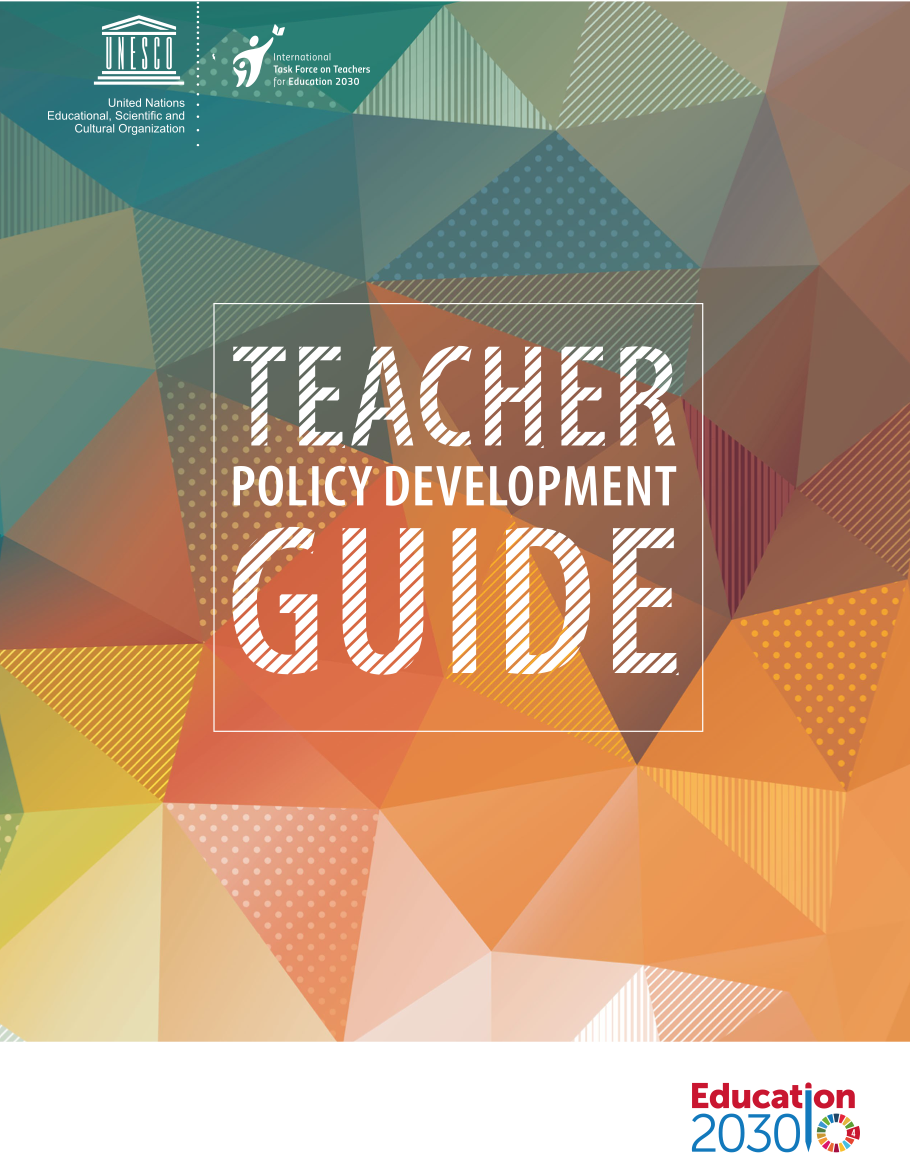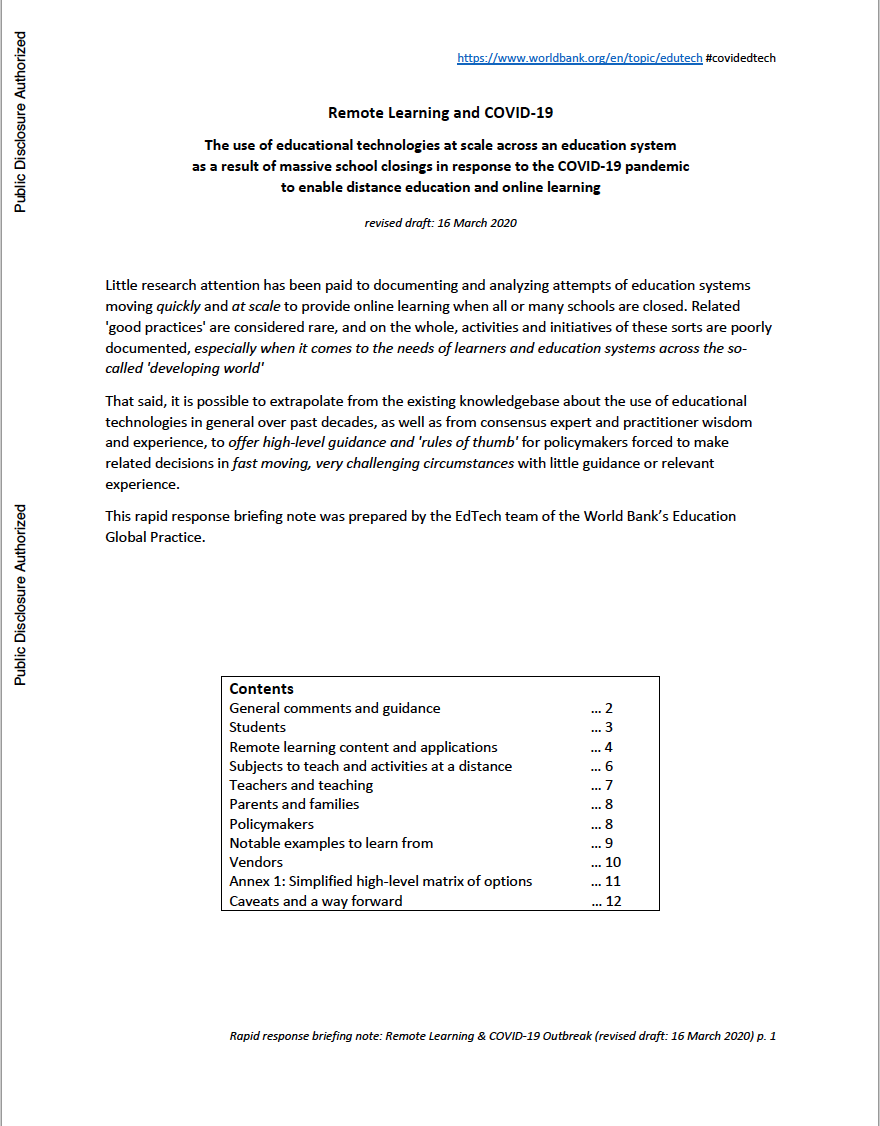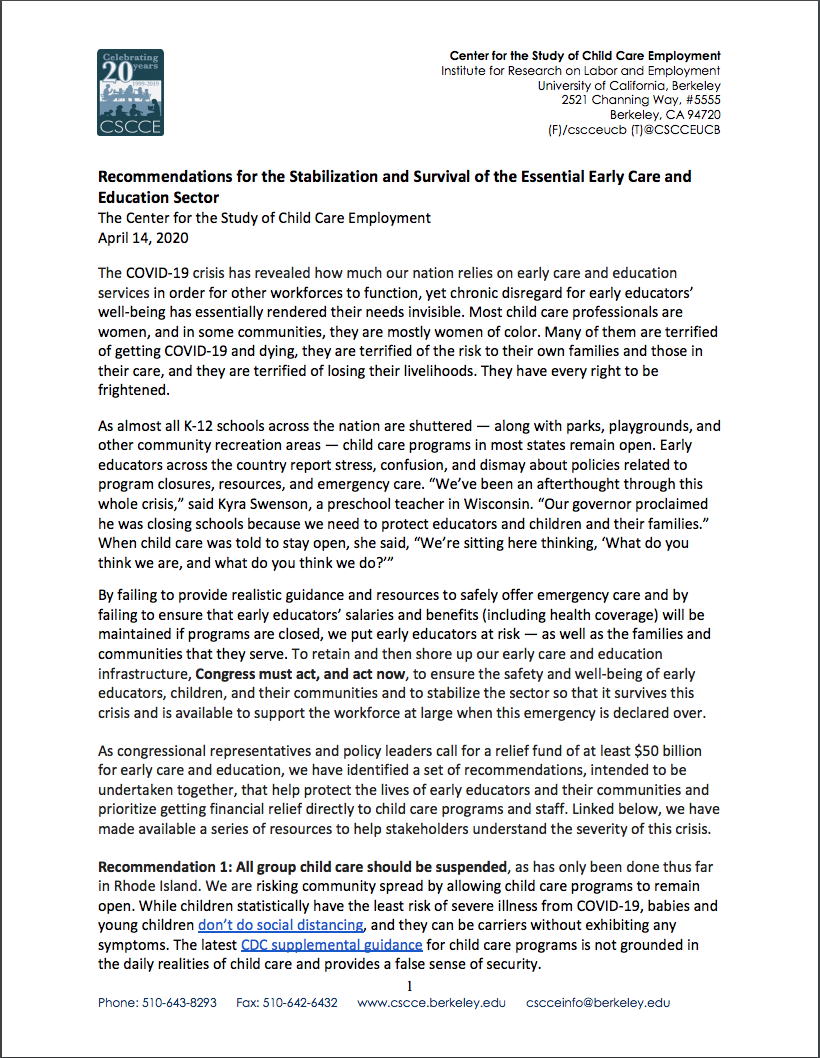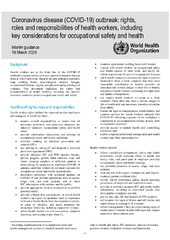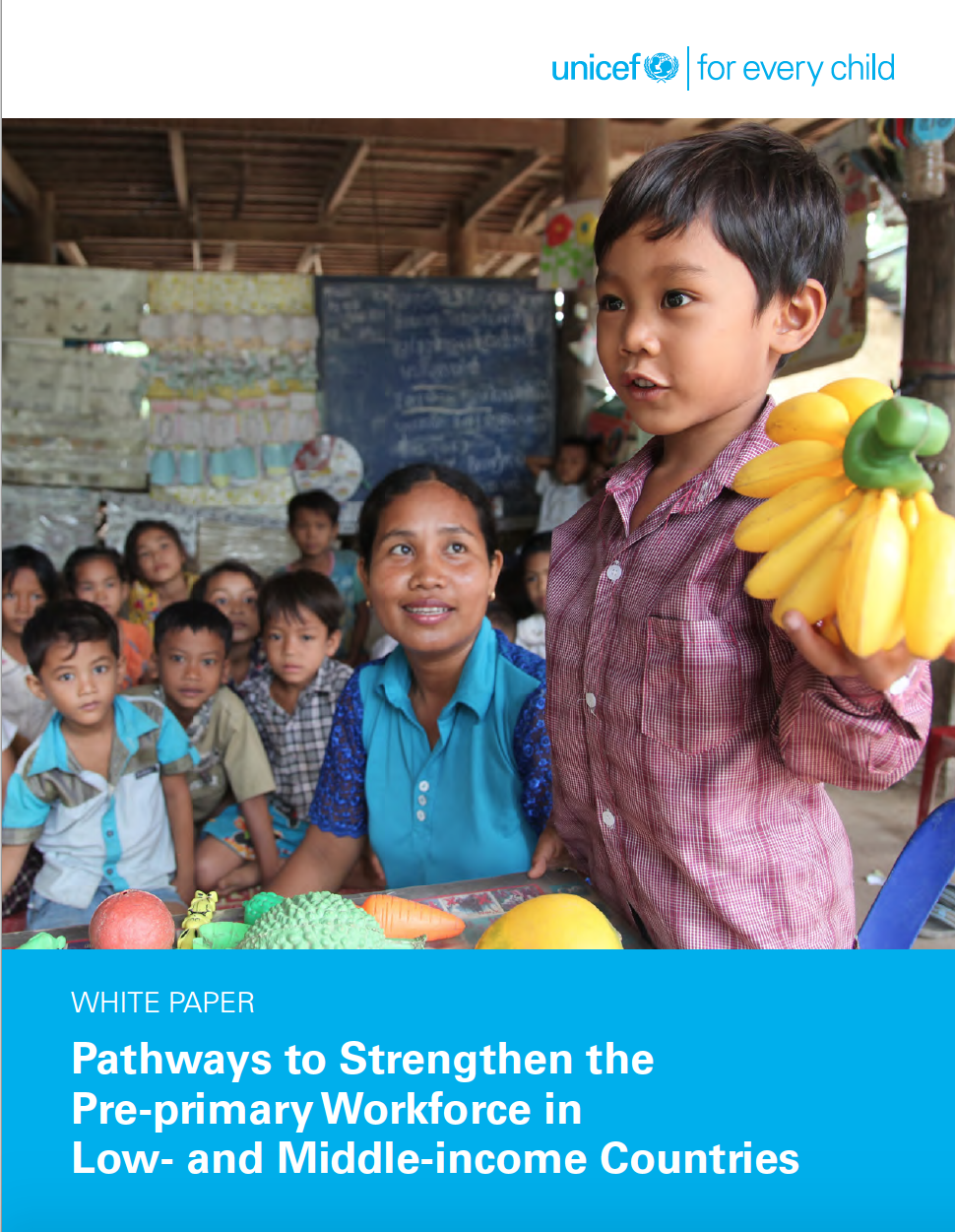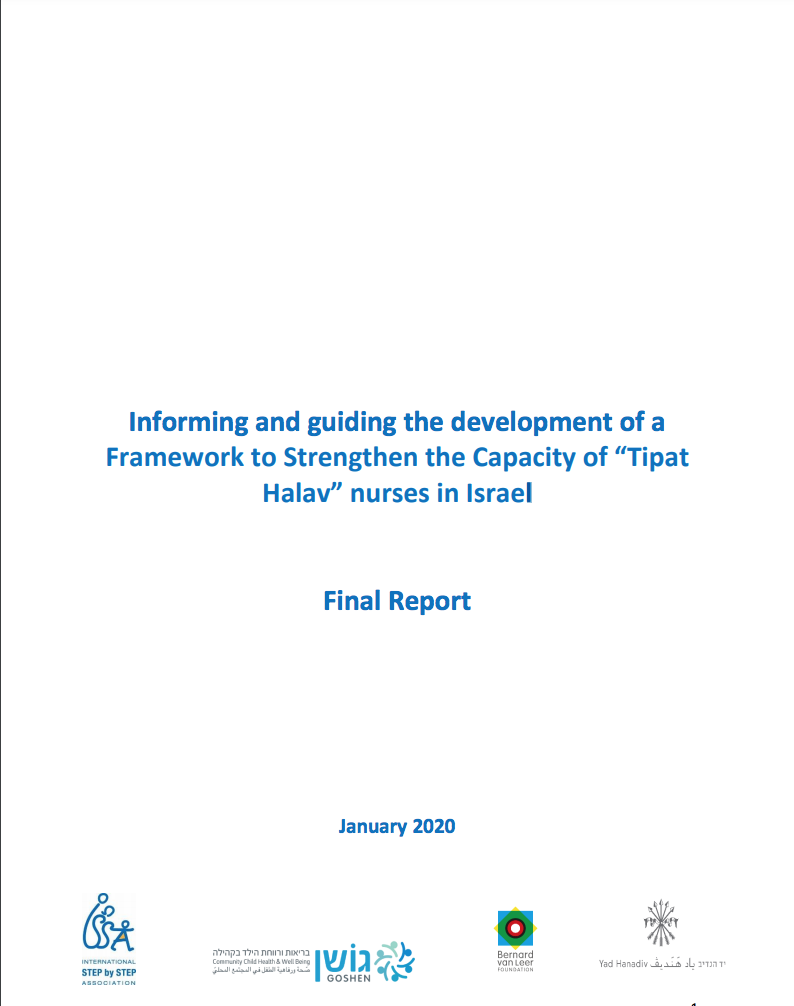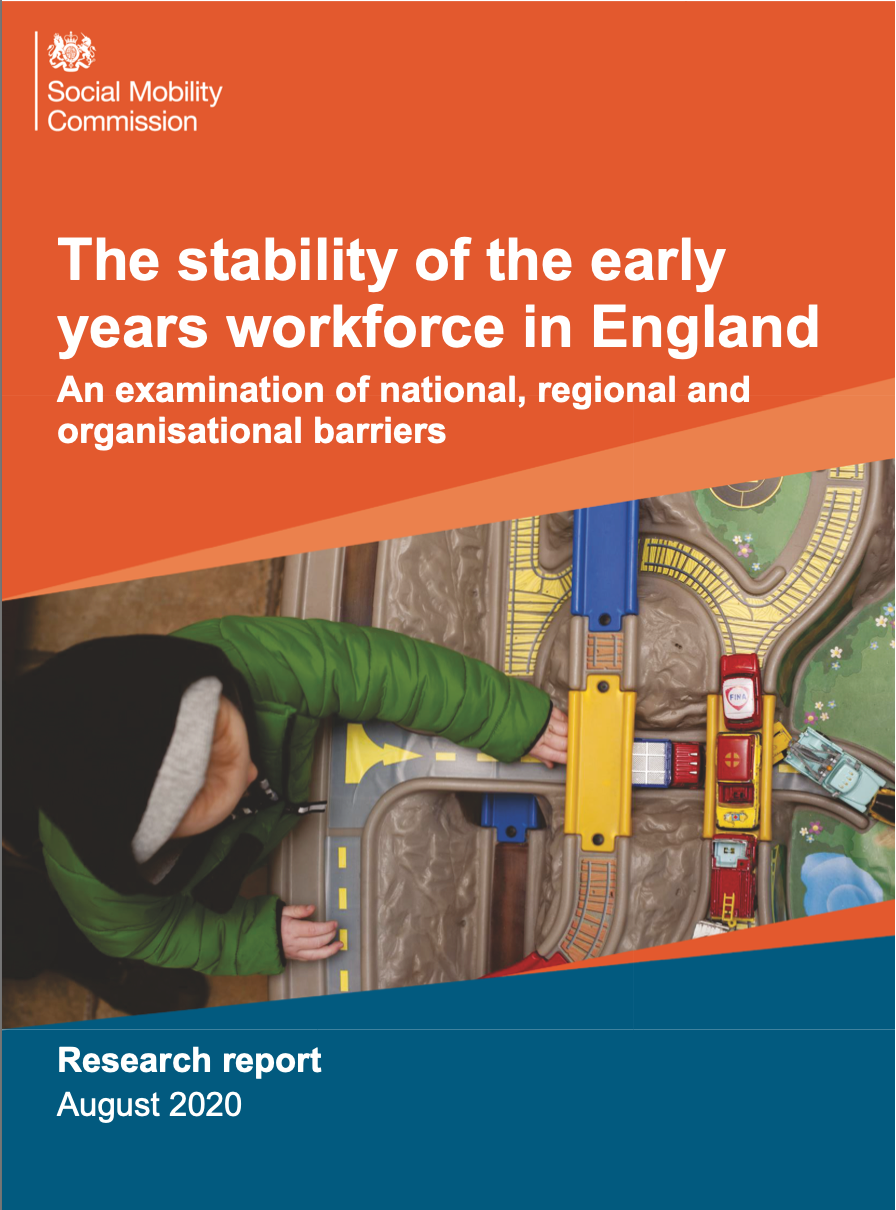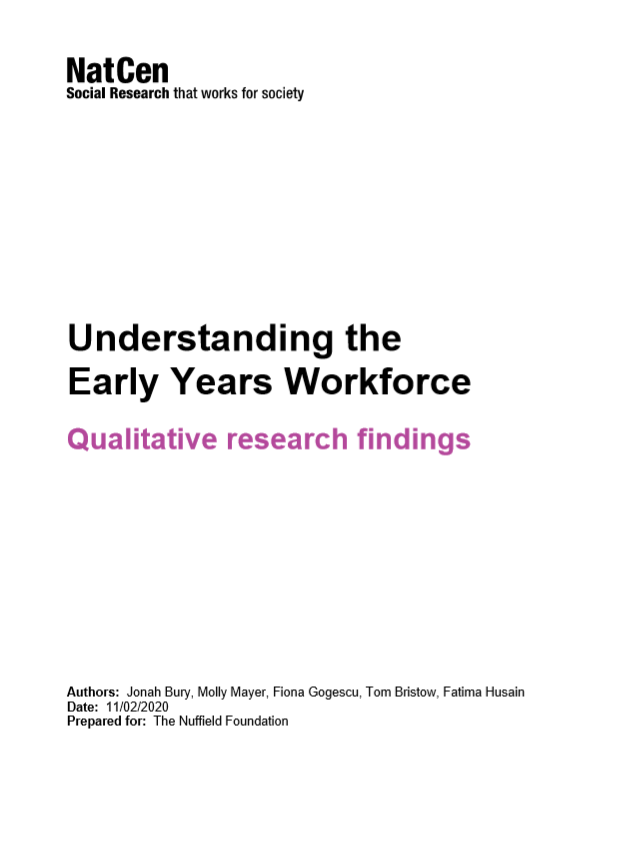Teachers in Crisis Contexts: Promising Practices in Teacher Management, Professional Development, and Wellbeing
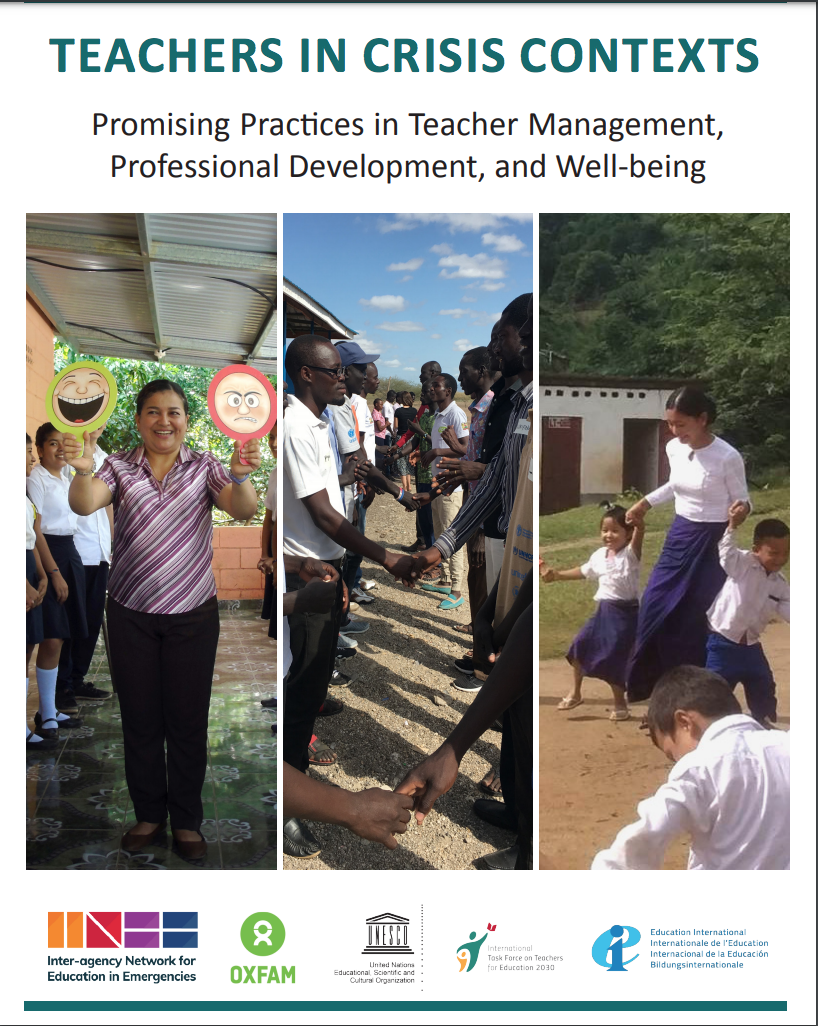
It is paramount that the Education in Emergencies sector shares and learns from promising policies, practices, and research approaches for supporting teachers in crisis contexts. For this reason, this publication provides donors,policymakers, practitioners, researchers, and teachers with compelling examples of programs and practices that positively influence improvements in teachers’ work conditions and teaching practice. Authored by researchers, practitioners, and policy-makers working in education in emergencies, the 24 studies in this publication showcase promising practices in teacher management, professional development, and well-being from diverse regions and contexts.
The case studies are organized by three thematic areas:
- Teacher management (i.e. teacher recruitment, supply, compensation, supervision, certification, etc.)
- Teacher professional development (i.e. training modalities that include face-to-face training, coaching, mentoring, distance, and/or online learning etc. for either pre-service or in-service approaches; teacher collaboration; coordination across providers; collaboration with national teacher training institutes), and
- Teacher well-being (i.e. including social, emotional, physical, intellectual, financial, cultural, and spiritual well-being; interventions to support teacher well-being).
They present a snapshot of promising research methods, evidence-informed policy making, and innovative approaches to program design and implementation from diverse regional and crisis settings, as well as diverse organizations and teacher profiles.
Publication:Inter-agency Network for Education in Emergencies (INEE)
Year of Publication:2019
inee.org


